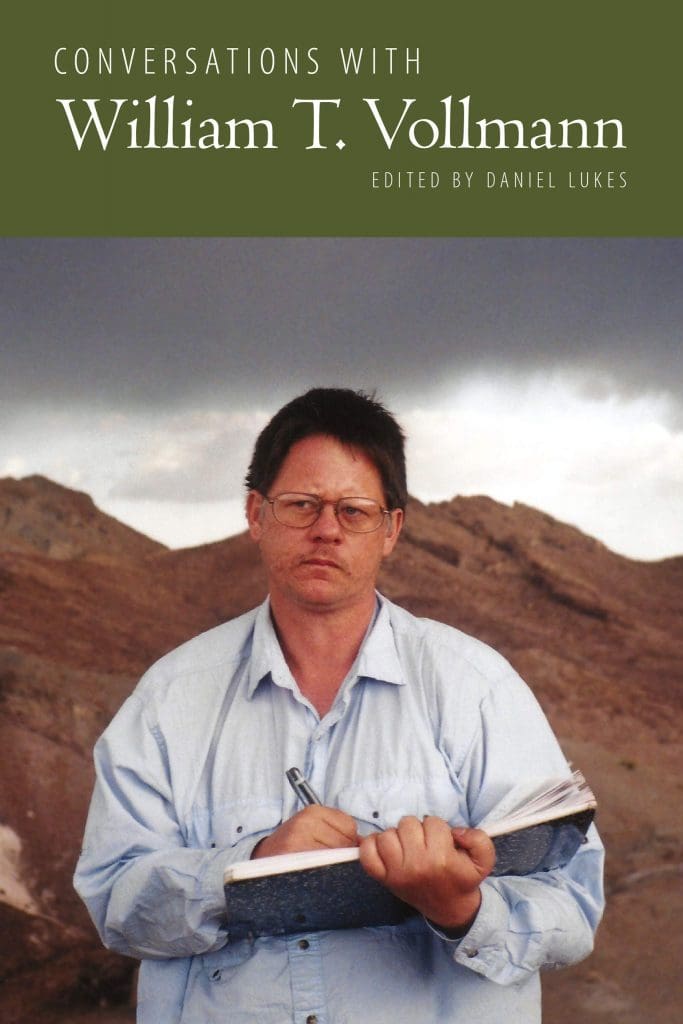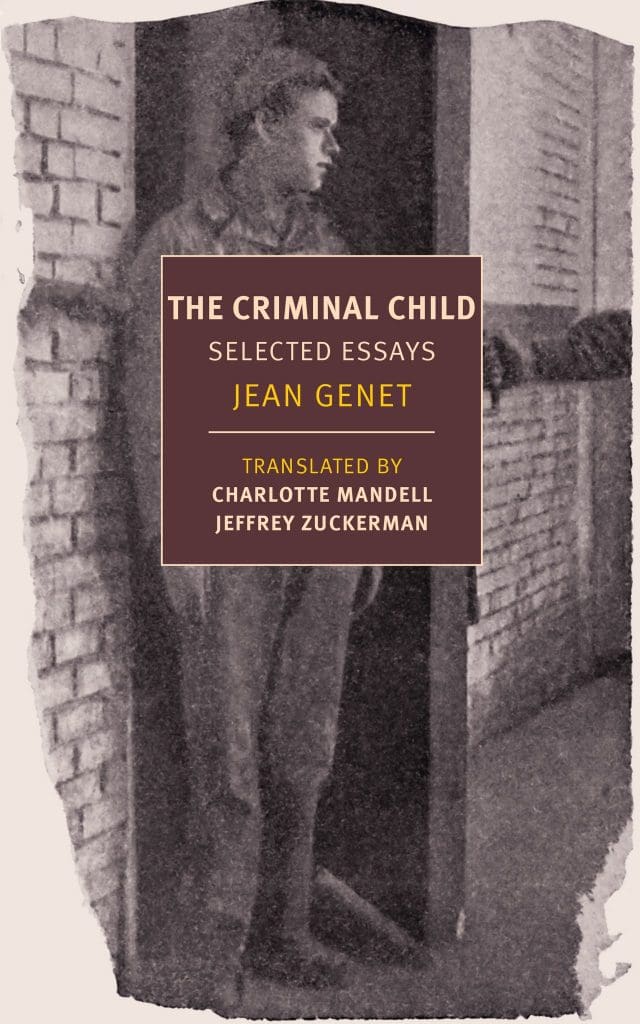In the Nineties, it wasn’t uncommon for a shocking film like Larry Clark’s 1995 Kids to be marketed as “The Movie Every Parent in America Should See”—the implication being, it’s occasionally worthwhile or even necessary for parents to subject themselves to outré youth movies so as to keep abreast of what their children may or may be doing outside of adult supervision. It’s difficult to make the same case, to parents or anyone, for Benedek Totth’s first novel, Dead Heat (251 pages; Biblioasis; translated by Ildikó Noémi Nagy). The book, which concerns a quartet of teenage boys in an unnamed […]
‘Dead Heat’ by Benedek Totth: A Record from the Abyss
by Zack Ravas



